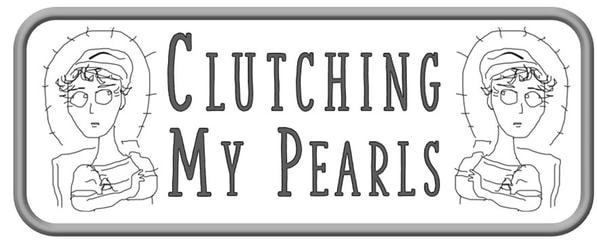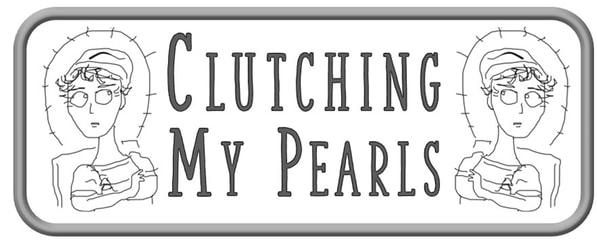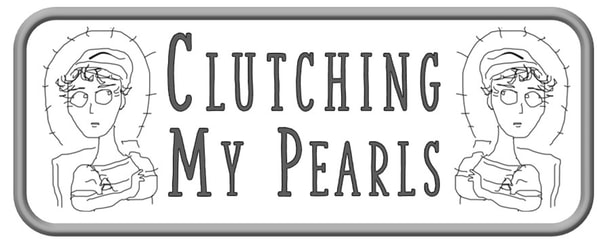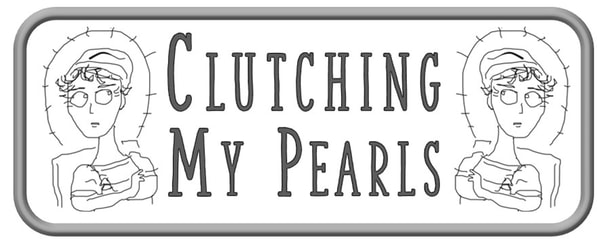| Clutching My Pearls is about Jane Austen and the times in which she lived. Click here for the first in the series. This post features another now-obscure female writer of Austen's time. For more, click on "Authoresses" in the Categories. |
 You've been warned...
You've been warned... While it's good to know that books for children talked about showing humanity to Black people, the graphic detail, the portrayal of the Black servant Pompey, and the actions of the father, are all rather jaw-dropping.
Pompey’s recitation of the cruelties he’s witnessed and experienced in the West Indies and in England is brutally frank for a children’s book. As scholar Wylie Sypher wrote in 1942, The Rotchfords goes “from the pathetic to the shocking in the harrowing Pompey episode." And Pompey’s story is just one bizarre episode in a bizarre book – bizarre to our modern sensibilities, that is.





 RSS Feed
RSS Feed